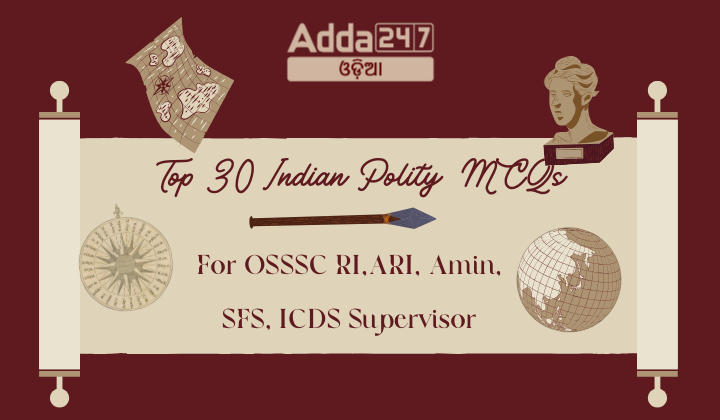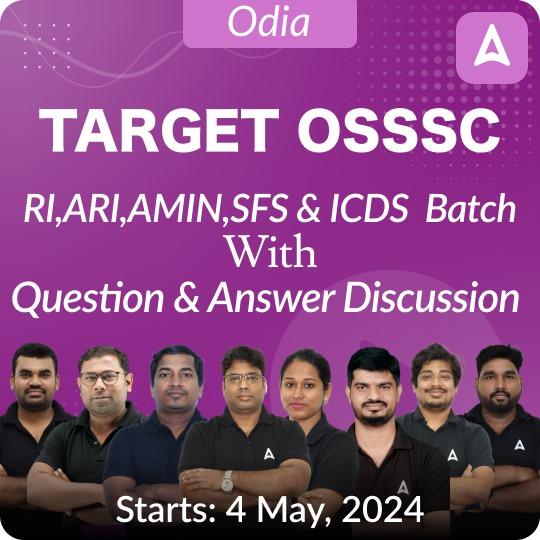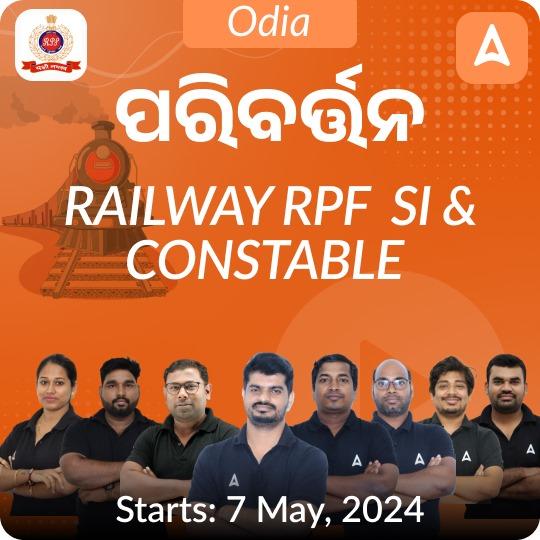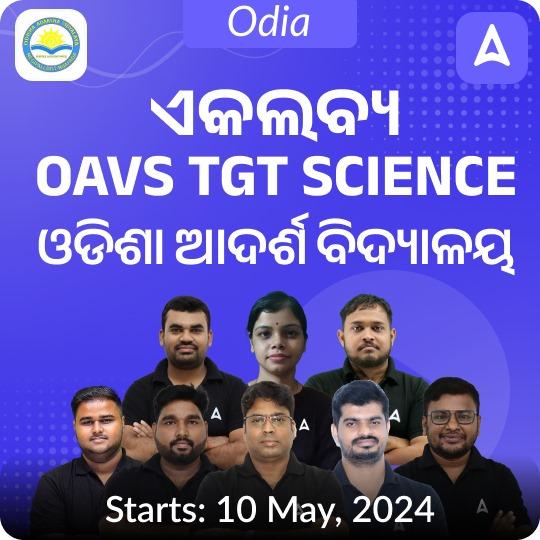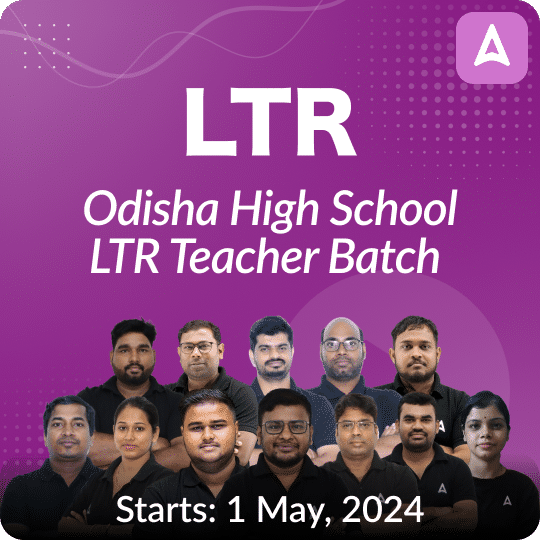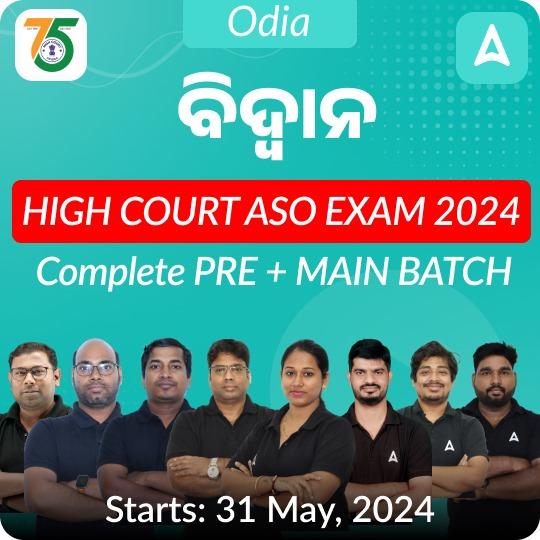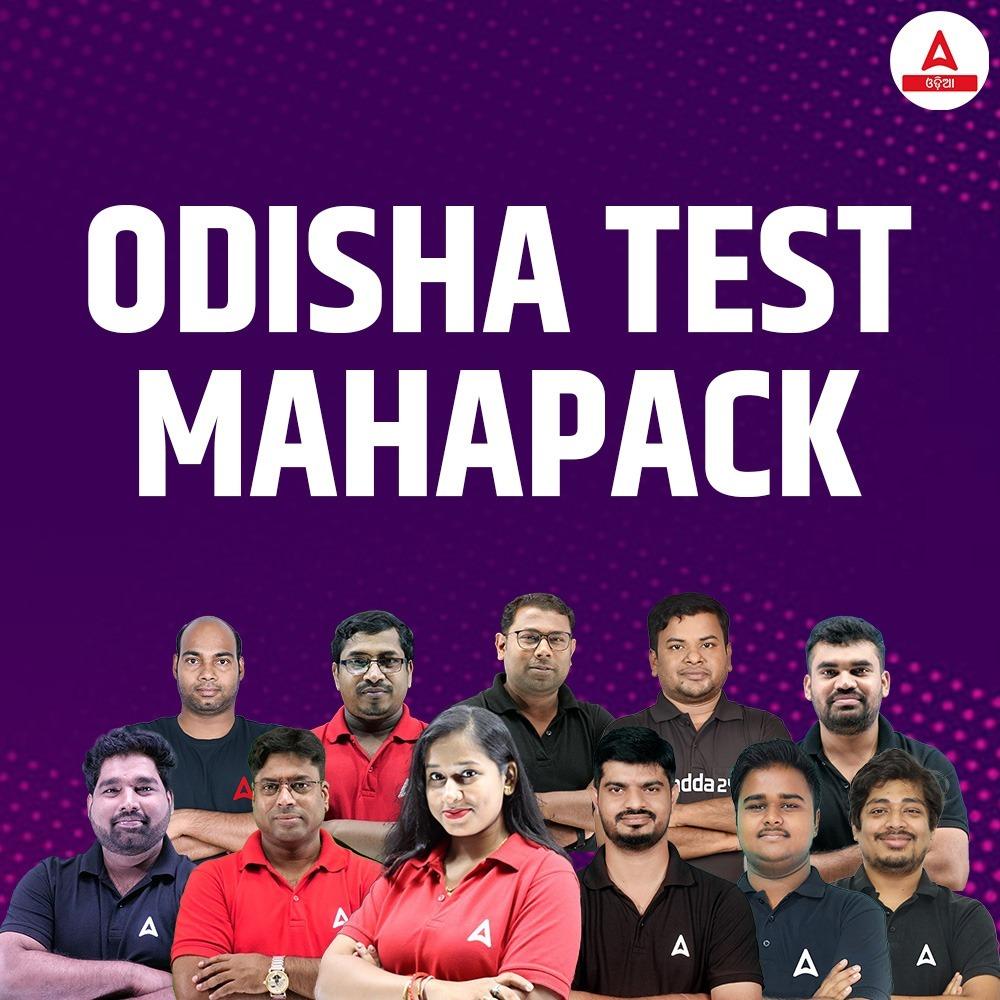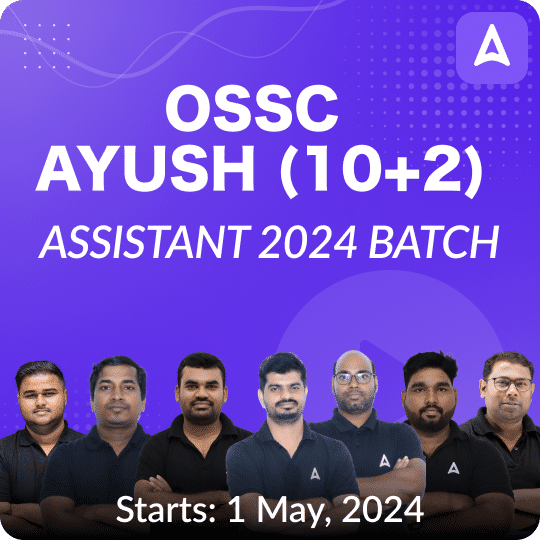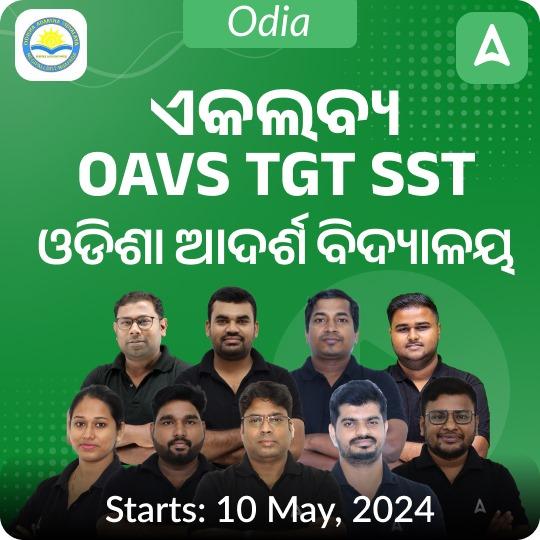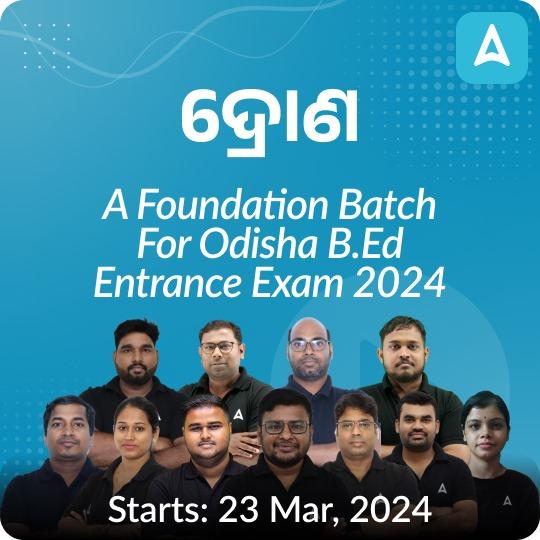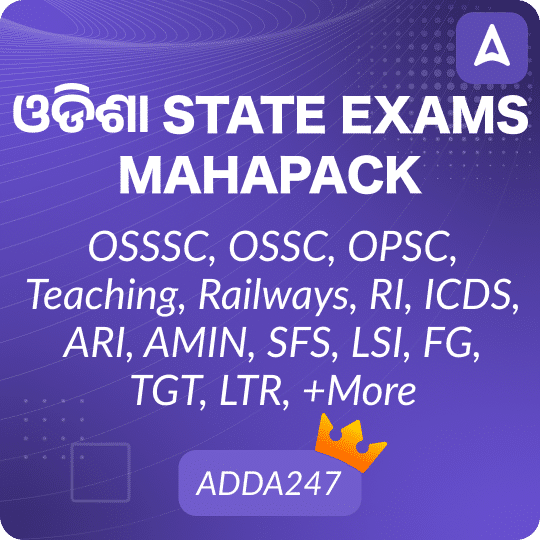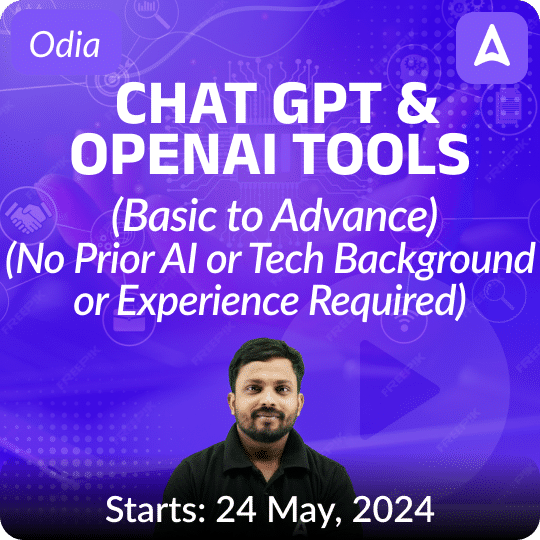Indian Polity is a crucial section for competitive exams like OSSSC RI, ARI, Amin, SFS, and ICDS, where a solid understanding of the Indian Constitution, political institutions, and fundamental principles of governance is tested. Top MCQs often cover essential topics such as the features and significance of the Preamble, the fundamental rights and duties of citizens, and the Directive Principles of State Policy. Questions might delve into the structure and functioning of the Parliament, including the roles of the Lok Sabha and Rajya Sabha, the process of law-making, and the nuances of parliamentary procedures. The examination can also include queries about the President’s and Governor’s powers, the Council of Ministers, and the Prime Minister’s role in the executive branch. The federal structure of India, including the distribution of powers between the Centre and States, the role of the Judiciary, the appointment and functions of the Supreme Court and High Courts, and the process of judicial review, are critical areas frequently explored in these MCQs.
Top 30 Indian Polity MCQs for OSSSC RI,ARI, Amin, SFS, ICDS Supervisor
- Who framed the Constitution of India?
(a) Constituent Assembly
(b) British Parliament
(c) Supreme Court
(d) Parliament of India
Ans: (a) Constituent Assembly - The Constituent Assembly took how long to draft the Constitution?
(a) 2 years, 11 months, and 18 days
(b) 3 years, 6 months, and 20 days
(c) 4 years, 1 month, and 5 days
(d) 1 year, 7 months, and 15 days
Ans: (a) 2 years, 11 months, and 18 days - How many sessions did the Constituent Assembly hold?
(a) 10
(b) 11
(c) 12
(d) 15
Ans: (b) 11 - What was the total membership of the Constituent Assembly after the partition?
(a) 299
(b) 389
(c) 250
(d) 400
Ans: (a) 299 - Who was the first President of the Constituent Assembly?(a) Dr. Rajendra Prasad
(b) Dr. B.R. Ambedkar
(c) Dr. Sachidanand Sinha
(d) Jawaharlal Nehru
Ans: (c) Dr. Sachidanand Sinha - When did the Cabinet Mission arrive in India?(a) March 1945
(b) March 1946
(c) August 1947
(d) May 1946
Ans: (b) March 1946 - Which of the following was not a member of the Cabinet Mission?
(a) Lord Pethick-Lawrence
(b) Stafford Cripps
(c) A.V. Alexander
(d) Winston Churchill
Ans: (d) Winston Churchill - The Cabinet Mission was in India for how long?
(a) 2 months
(b) 3 months
(c) 4 months
(d) 5 months
Ans: (b) 3 months - Which country’s constitution influenced the Fundamental Rights in the Indian Constitution?
(a) UK
(b) USA
(c) Ireland
(d) Canada
Ans: (b) USA - The Directive Principles of State Policy in the Indian Constitution were borrowed from which country’s constitution?
(a) USA
(b) UK
(c) Ireland
(d) Australia
Ans: (c) Ireland - The concept of the Parliamentary System in the Indian Constitution is taken from which country?
(a) USA
(b) UK
(c) Canada
(d) Australia
Ans: (b) UK - Which country’s constitution influenced the idea of suspension of fundamental rights during an emergency in the Indian Constitution?
(a) Germany
(b) France
(c) Japan
(d) South Africa
Ans: (a) Germany - The procedure established by law in the Indian Constitution was borrowed from which country’s constitution?
(a) UK
(b) Japan
(c) USA
(d) Germany
Ans: (b) Japan - How many articles are there in Part I of the Indian Constitution?
(a) 4
(b) 6
(c) 8
(d) 10
Ans: (a) 4 - Which Part of the Indian Constitution deals with Fundamental Rights?
(a) Part II
(b) Part III
(c) Part IV
(d) Part V
Ans: (b) Part III - What is covered under Part IV of the Indian Constitution?
(a) Fundamental Rights
(b) Directive Principles of State Policy
(c) Fundamental Duties
(d) The Union
Ans: (b) Directive Principles of State Policy - The Fundamental Duties are listed in which part of the Indian Constitution?
(a) Part III
(b) Part IV
(c) Part IVA
(d) Part V
Ans: (c) Part IVA - The Emergency Provisions are contained in which part of the Indian Constitution?
(a) Part XVII
(b) Part XVIII
(c) Part XIX
(d) Part XX
Ans: (b) Part XVIII - Which Schedule contains the list of states and union territories?
(a) First Schedule
(b) Second Schedule
(c) Third Schedule
(d) Fourth Schedule
Ans: (a) First Schedule - Provisions regarding disqualification on ground of defection are found in which Schedule?
(a) Ninth Schedule
(b) Tenth Schedule
(c) Eleventh Schedule
(d) Twelfth Schedule
Ans: (b) Tenth Schedule - Which Schedule lists the recognised languages of India?
(a) Fifth Schedule
(b) Sixth Schedule
(c) Seventh Schedule
(d) Eighth Schedule
Ans: (d) Eighth Schedule - The Union List, State List, and Concurrent List are contained in which Schedule?
(a) Fifth Schedule
(b) Sixth Schedule
(c) Seventh Schedule
(d) Eighth Schedule
Ans: (c) Seventh Schedule - The term “Secular” was added to the Preamble of the Constitution by which Amendment Act?
(a) 42nd Amendment Act, 1976
(b) 44th Amendment Act, 1978
(c) 52nd Amendment Act, 1985
(d) 86th Amendment Act, 2002
Ans: (a) 42nd Amendment Act, 1976 - Article 5 to 11 in the Indian Constitution deals with which topic?
(a) Fundamental Rights
(b) Citizenship
(c) Directive Principles
(d) Union Territories
Ans: (b) Citizenship - Which Article provides for the right to constitutional remedies?
(a) Article 32
(b) Article 35
(c) Article 21
(d) Article 19
Ans: (a) Article 32
The Union Executive - Who is the Supreme Commander of the Armed Forces in India?
(a) Prime Minister
(b) President
(c) Chief of Defence Staff
(d) Defence Minister
Ans: (b) President - The President of India is elected by which method?
(a) Direct election
(b) Proportional representation
(c) Simple majority
(d) Indirect election by electoral college
Ans: (d) Indirect election by electoral college - The impeachment of the President of India can be initiated in which House of Parliament?
(a) Only Lok Sabha
(b) Only Rajya Sabha
(c) Either House
(d) Neither House
Ans: (c) Either House - The President of India must be at least how many years old?
(a) 25
(b) 30
(c) 35
(d) 40
Ans: (c) 35 - Who represents the Anglo-Indian community in the Constituent Assembly?
(a) Frank Anthony
(b) H.C. Mookherjee
(c) Sachidanand Sinha
(d) Rajendra Prasad
Ans: (a) Frank Anthony

